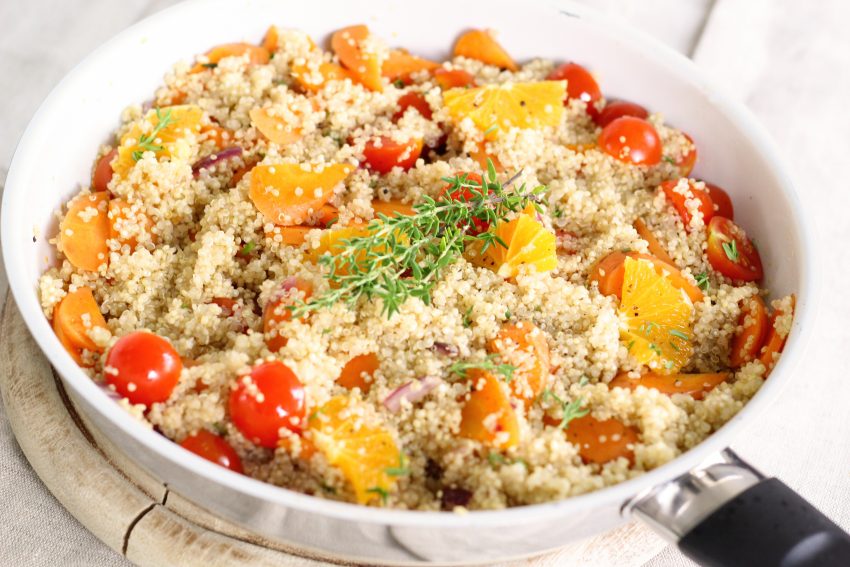Eating a healthy diet is essential for good health, but the cost of healthy food can be a concern for many people. However, there are ways to eat well without breaking the bank. Here are some tips for enjoying budget-friendly foods, meal planning, and meal ideas.
First, focus on nutrient-dense foods that offer the most value for your money. These include whole grains, beans, lentils, eggs, canned fish, frozen vegetables, and seasonal fruits. Not only are these foods affordable, but they also provide essential nutrients like protein, fiber, vitamins, and minerals.
Meal planning is a great way to save money on groceries. It allows you to create a shopping list and avoid impulsive purchases. Planning also ensures that you have healthy meals ready, which may help you avoid buying fast food or eating unhealthy snacks.
Cooking in bulk is another way to save money. Preparing large quantities of food saves time and money since you can use leftovers for future meals or store them for later use.
Simple recipes with a few readily available and low-cost ingredients are also critical to saving money. Avoiding complicated recipes with multiple ingredients that may be expensive is important.
Lastly, don’t let any leftover ingredients go to waste. Instead, use them creatively to save money and reduce food waste. Adding leftover vegetables to a soup or using leftover rice to make a stir-fry are great examples of how to create new meals without having to buy more ingredients.
In conclusion, eating healthily on a budget is possible by incorporating these tips into your meal planning and food shopping habits. By focusing on budget-friendly foods, meal planning, cooking in bulk, using simple recipes, and minimizing food waste, you can save money while still enjoying nutritious meals that promote your overall health and well-being.
